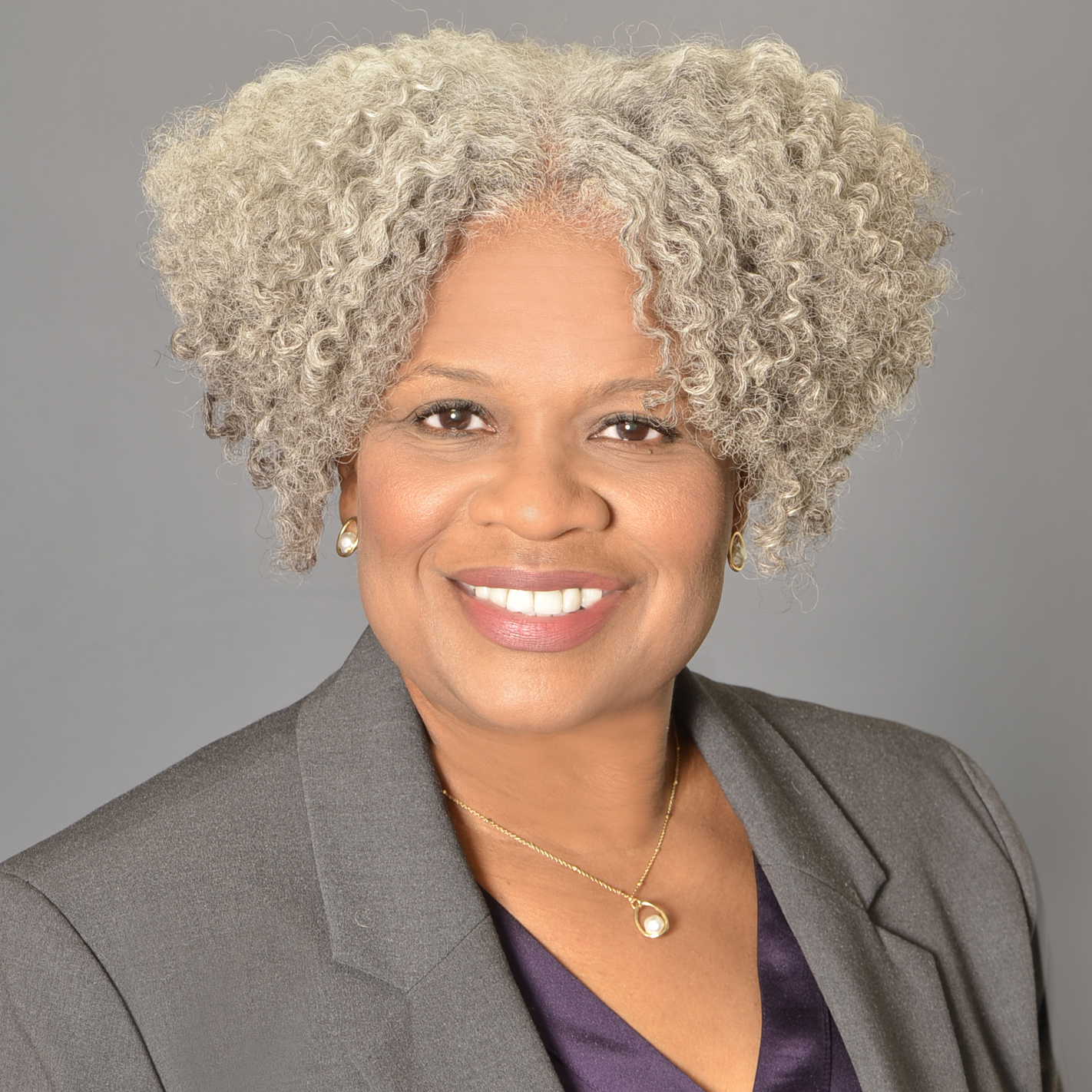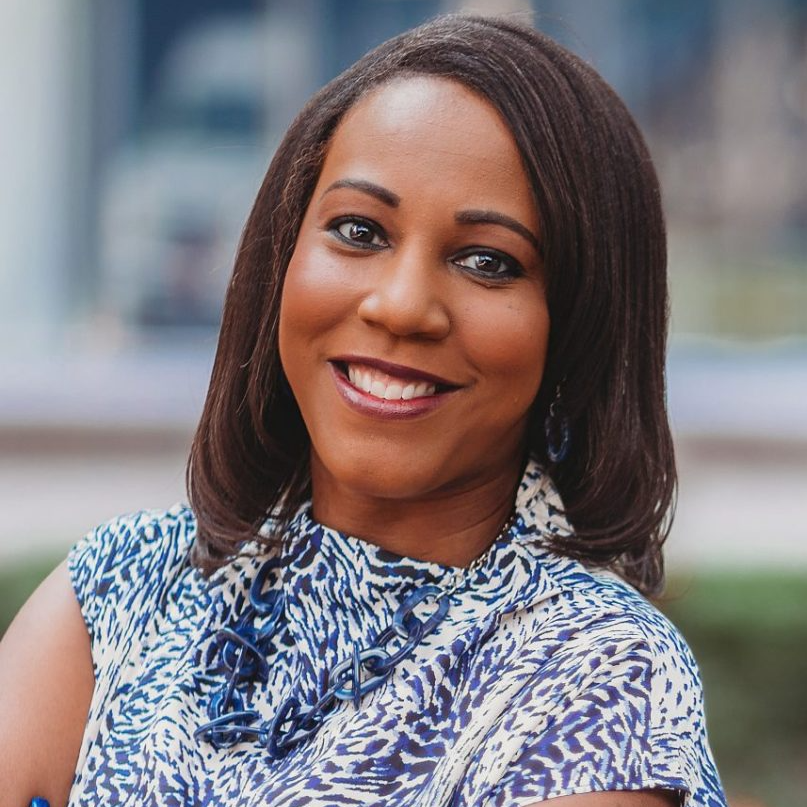In each installment of the Pathfinder Awards, along with highlighting excellence among industry professionals from underrepresented groups and firms that have exemplary programs or leadership to support and empower those groups, we include a platform for the voices of winners to address the industry on key issues such as DEI.

Alongside this month’s Pathfinder Awards – Top Black Industry Leaders of 2025 in celebration of Black History Month, we bring you the views of honorees Cordi Powell, Founder and Principal of Favored Financial Planning, the Black Financial Planner of the Year; Cameron Stagg, Director of Mergers & Acquisitions at Signature Estate & Investment Advisors (SEIA), the Black M&A Executive of the Year; and Shantese Smithers-Alexander, Marketing Manager at Wealthcare Capital Management, the Black Marketing Executive of the Year.
We asked each of them: How well is the wealth management industry serving the Black community presently? What steps can we take, either through work or acting pro bono, to empower and advance the Black community?
Their responses follow.
Cordi Powell, Founder and Principal, Favored Financial Planning

While the wealth gap between Black Americans and other groups highlights growth opportunities, it also paves the way for advancements in wealth management. A key step is acknowledging the historical, structural and systemic challenges that have created mistrust among the Black community toward financial advisors. Recognizing these challenges is the first step toward building a more inclusive and trusted financial system.
Empowering the Black community can begin with mentorship – baby boomers and Generation X professionals guiding the next generation of Black financial advisors. Increasing Black advisor representation taps into the natural tendency to trust those with similar backgrounds, thereby enhancing trust among younger generations who rely on peer-driven advice.
Additionally, wealth management firms can have a positive impact by adopting hiring and promotion practices that eliminate bias. Racially redacted processes help ensure an equitable environment where diverse talent can thrive. Establishing firm-wide incentives for pro bono financial planning services tailored to the unique needs of the Black community can fortify the cycle of empowerment.
These proactive steps not only build generational wealth but also foster lasting trust and inclusivity in the industry, contributing to a brighter financial future for the Black community and leading to significant and systemic change.
Cameron Stagg, Director of Mergers & Acquisitions, SEIA

The wealth management industry has made progress in serving the Black community, but significant gaps remain. Black Americans face lower access to financial advisors, underrepresentation in the field, and historical barriers to wealth accumulation. While many firms have launched diversity programs, these efforts often fall short of addressing systemic issues such as gaps in financial literacy, a lack of trust in financial professionals and limited intergenerational wealth availability.
To empower the Black community, firms can enhance access to financial education through schools, churches and community organizations. Providing pro bono advising for Black-owned businesses and first-time investors is one way to bridge knowledge gaps. Another approach is to implement creative pricing models for services, instead of relying solely on a percentage of managed assets, which may be a limited resource for some.
Additionally, hiring and mentoring Black advisors can enhance representation and trust, and firms should also advocate for policies that support homeownership, entrepreneurship and equitable lending practices.
Here’s the truth: Real change requires ongoing effort beyond superficial initiatives. By integrating financial literacy programs, mentorship and accessible advising, the industry can help close the racial wealth gap and promote long-term economic empowerment.
Shantese Smithers-Alexander, Marketing Manager, Wealthcare Capital Management

The wealth management industry has a significant opportunity to better support Black communities. As a marketer, I see the lack of diversity both among financial advisors and the clients they serve.
According to the CFP Board, only 1.9% of CFP professionals identify as Black, and even the broader U.S. Bureau of Labor Statistics figure, 5.8% of personal financial advisors, is hardly representative of the 13.7% of Americans who are Black.
One way to expand representation in the profession is by actively recruiting from Historically Black Colleges & Universities (HBCUs), encouraging more young Black professionals to enter financial planning. At the same time, advisors of all backgrounds must take intentional steps to better serve Black clients. That starts with genuine engagement — building relationships within Black professional networks, churches and organizations like the NAACP, and demonstrating a deep understanding of their financial needs and goals.
There’s no quick fix for improving diversity in wealth management, but meaningful progress is possible with sustained effort. By prioritizing inclusion and taking actionable steps, we can create an industry that truly reflects and serves the diverse communities it aims to support.
Jeff Berman, Contributing Editor and Reporter at Wealth Solutions Report, can be reached at jberman@wealthsolutionsreport.com.














